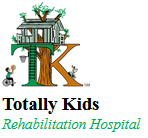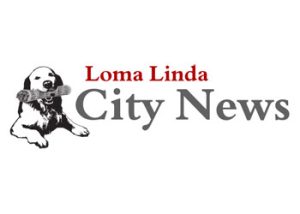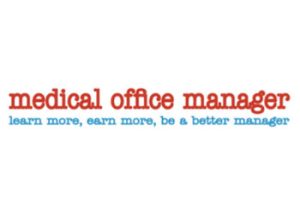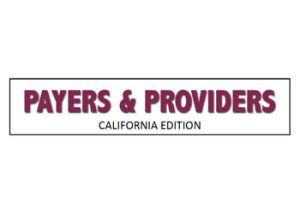
By Pauline Hennessey
Music Therapy Can Make A Difference In The Healing Process
It is Particularly Effective When Treating Pediatric Patients
(LOMA LINDA, Calif. – May 17, 2018) — The link between music and emotion has been an accepted truth for thousands of years, dating as far back as Plato in ancient Greece who wrote about the power of music to arouse different sensations. More contemporary – and with the benefit of modern science as a tool – music has been proven to stimulate the formation of certain brain chemicals, so much so that Johns Hopkins University recently called music “medicine for your mind” and said that “there are few things that stimulate the brain the way music does.”
At Totally Kids, our interdisciplinary team uses a blend of age and developmentally appropriate services to create a customized treatment plan that meets the medical needs of each child in our care. Where appropriate, music plays a very important part in that plan. We train our staff of care professionals, as well as family caregivers, to create and provide personalized playlists using iPods/MP3 players and related digital audio systems. These tools enable those struggling with cognitive and physical challenges to reconnect with the world through music-triggered memories.
Our experience has mirrored the scientific evidence that finds that music has a profound effect on the brain by stimulating several areas of it and causing different responses. This is even true for children and young adults in our care who may be in a minimum consciousness state. In fact, we believe that our music and memory program is one of the contributing factors in our hospital repeatedly achieving extraordinary clinical improvement and outcomes that far surpass benchmarked expectations.
Therapists know the challenges of maximizing clinical outcomes and are always seeking new tools that will aid in that effort. That is why we participate in the Music & Memory program which is being embraced by a growing number of organizations in the United States and Canada. As one of the first pediatric facilities in the nation to integrate this program into a treatment plan, music has given our professional staff one more tool in their effort to reduce reliance on anti-psychotic medications. In that regard, music becomes part of an integration of developmental and therapeutic activities designed to enable every child and adolescent we serve to reach their highest potential.
More broadly, ongoing research and evaluation of Music & Memory’s work in care organizations such as ours shows that:
• Participants are happier and more social.
• Relationships among staff, participants and family deepen.
• Everyone benefits from a calmer, more supportive social environment.
• Staff regains valuable time previously lost to behavior management issues.
Adopting the Music & Memory program also allows long-term care organizations to meet federally mandated guidelines from the Centers for Medicare & Medicaid Services. These guidelines promote the development of person-centered activities that identify and honor individual needs and keep each individual at the center of the care planning and decision-making process.
The use of music as part of the healing process should not be underestimated. Music has been found to be beneficial both physically and mentally, through improved heart rate, reduced anxiety, stimulation of the brain, and improved learning. Music can help patients in many areas, including stress relief before and after surgeries and can help patients improve their health in several domains, such as cognitive functioning, motor skills, emotional development, communication, sensory, social skills, and quality of life.
One day, the use of personalized therapeutic music may become a standard of care throughout the healthcare industry. We know that already it can play an important role in enriching the health and quality of life of children with medical and developmental needs. By doing so, music is having a transformative, therapeutic benefit to our patients while further marking our organization’s commitment to person-centered care.
Pauline Hennessey is Vice President of Child Development/Education & Rehabilitation Services at Totally Kids Rehabilitation Hospital in Loma Linda.
# # #



